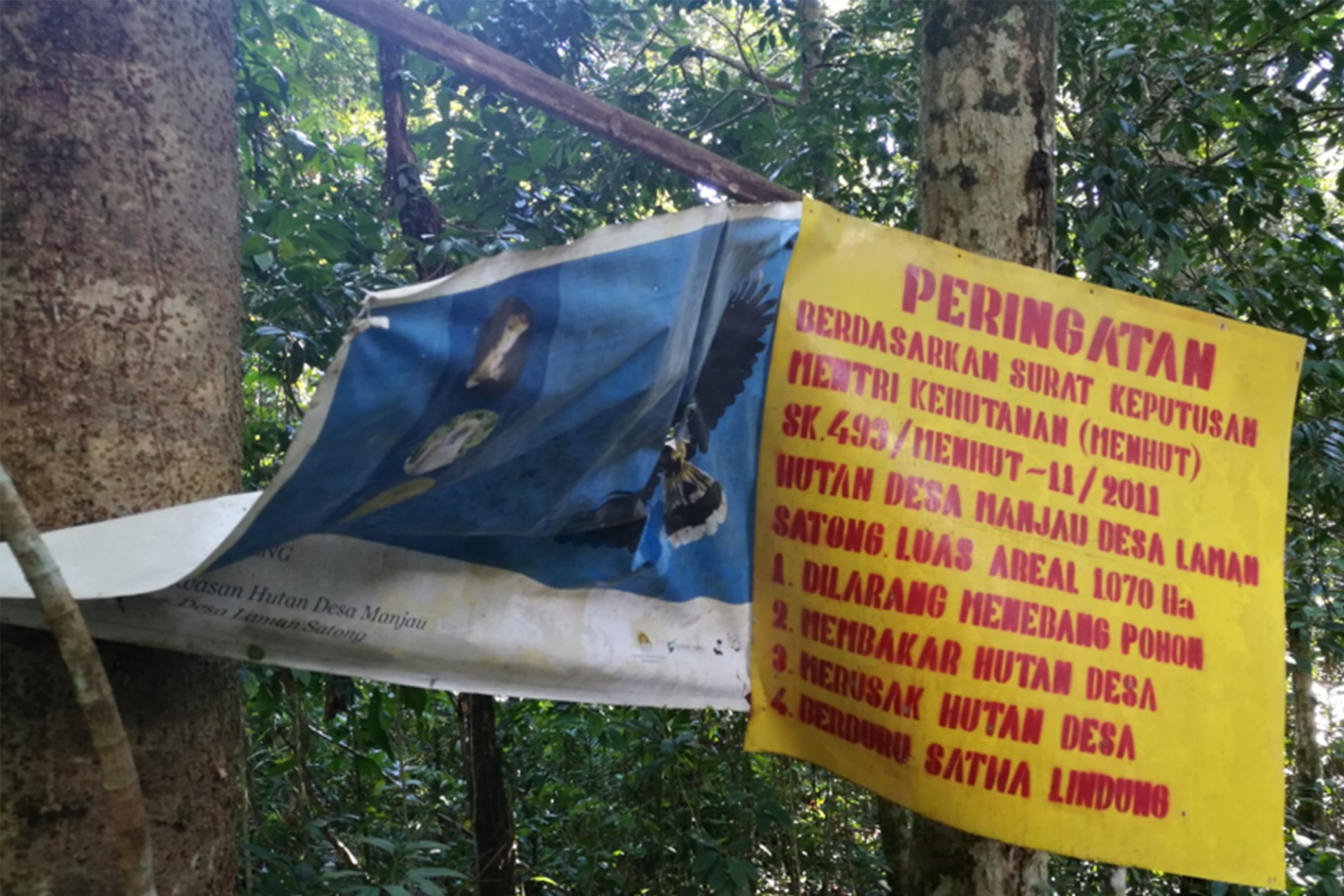As part of the MEPS programme activities in 2017, the FFI team implemented village surveys in West Kalimantan to further investigate the effects of community forestry on local livelihoods. The study took place in eight villages in Kapuas Hulu and Ketapang districts, in areas at various stages of community forestry implementation. Crucially, in some of these villages, we were able to compare our findings with rapid livelihood appraisals undertaken several years ago in order to see if any immediate changes to human well-being had occurred during the early years of community forestry.
The team used the Nested Spheres of Poverty toolkit, developed by CiFOR, to document human wellbeing at the household level in each of the villages. We were able to use these findings to validate information from the Indonesian national poverty census (Potensi Desa, or PODES).
We also undertook a study of the governance network and procedural equity within a subset of these villages, which provided insights into the motivations behind community forestry, and the allocation of perceived benefits.


